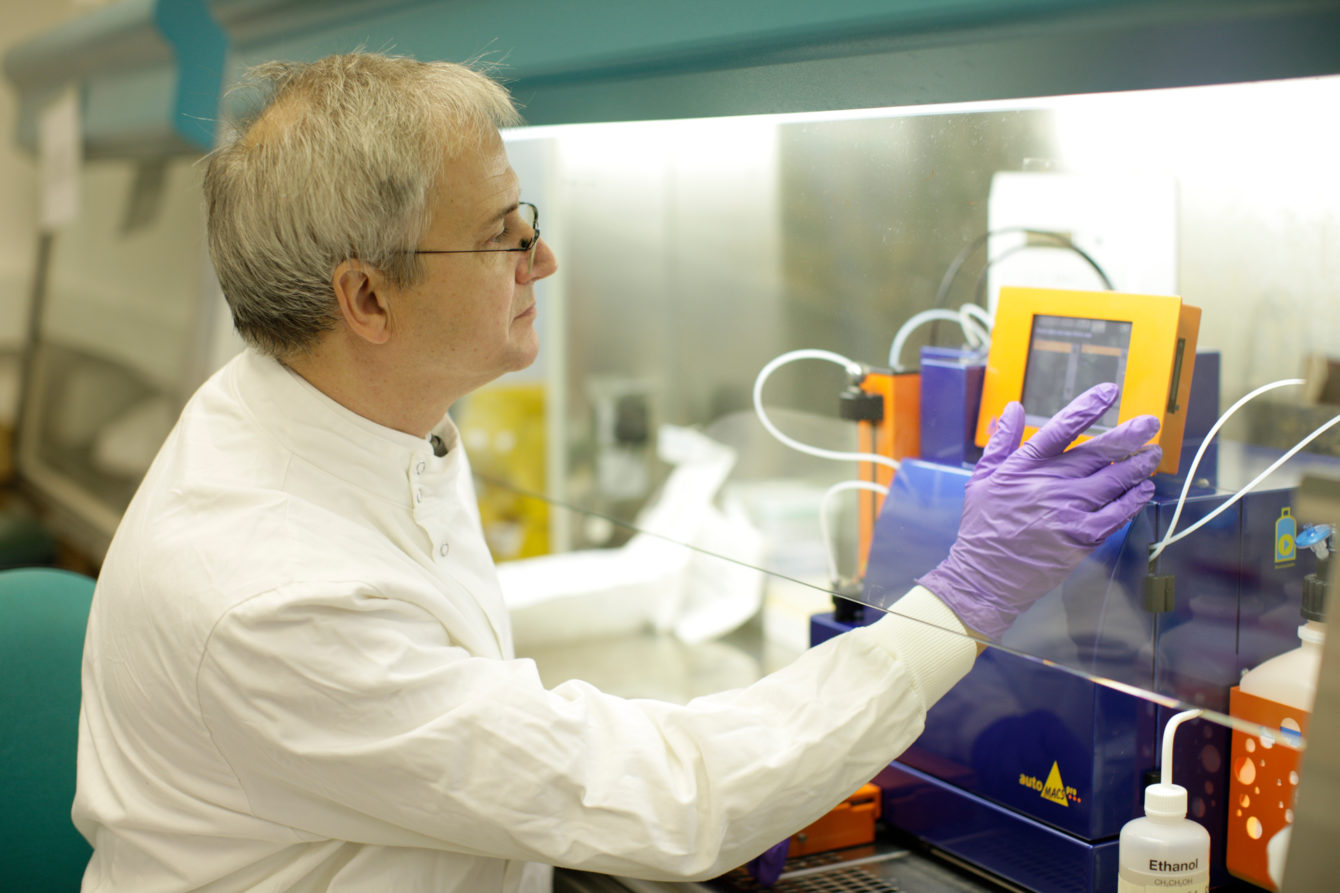DiagnosticInformatics ApproachesPartnership Europe’s largest analysis of hospitalised UK patients with COVID-19

The International Severe Acute Respiratory Infection Coronavirus Clinical Characterisation Consortium (ISARIC 4C) is a UK-wide consortium of doctors and scientists committed to answering urgent questions about COVID-19.
The ISARIC Clinical Characterisation Protocol (CCP) aims to study COVID-19 disease to better understand its spread and behaviour by analysing biological samples and data from patients with confirmed cases of the disease across 166 UK hospitals, including Imperial College Healthcare NHS Trust (ICHT). ICHT recruited over 800 patients to the study (at the time of writing). The latest local recruitment data for this study can be viewed here.
ISARIC 4C is funded by a grant from UKRI Medical Research Council with a total value of £5.9M awarded to Dr Kenneth Baillie, University of Edinburgh; Professor Malcolm Semple, University of Liverpool; and Professor Peter Openshaw, Imperial College London.
In the largest detailed analysis of data obtained from 16,749 COVID-19 hospital patients from across the UK, the researchers found that 49% of patients were discharged alive, 33% had died and 17% continued to receive care at date of reporting. In addition, admission to high dependency or intensive care units was required for 17% of patients and of these, 31% were discharged alive, 45% died and 24% continued to receive care at the date of reporting. Of those receiving mechanical ventilation, 20% were discharged alive, 53% died and 27% remained in hospital.
The researchers also found that after adjusting for medical problems such as lung, heart and kidney disease that are already known to cause poor outcomes, being male or obese was a significant factor associated with death in UK hospitals, a feature not seen in China, where it is thought that fewer people are obese. Although unclear, the researchers suggest it could be because obese people have reduced lung function and possibly more inflammation in adipose tissue – the fatty tissue under the skin and around internal organs – which might contribute to an enhanced ‘cytokine storm’ – a potentially life-threatening over-reaction of the body’s immune reaction which causes harm.
Professor Peter Openshaw, Professor of Experimental Medicine, NIHR Imperial BRC Infection & Antimicrobial Resistance Theme Lead, said: “This study is quite amazing in that it was launched with such speed and collected so much data. It highlights several crucial questions which researchers, healthcare professionals, the public and patients need answers to. Our research provides an exceptional picture of the illness and risk factors and will underpin a huge range of research. We really appreciate the huge effort that so many people made to send in clinical information and collect samples. It is salutary to recognise that people risked their lives to collect material for this study. We thank them all as well as the funders, the patients and their relatives, and promise that we will do all we can to find ways to fight the disease.”
To provide real-time information during the pandemic, the results have been published on a preprint site, medRxiv. It should be noted that the findings have not yet been peer-reviewed or formally accepted for journal publication.





